With environmental issues becoming more topical , more of us are becoming aware of the impact we have, as humans, on the planet. Having a more sustainable lifestyle has been a major development in society today, and people take pride in living more sustainably.
What do we mean when we say sustainability?
Environmental Sustainability is the practice of using natural resources responsibly, so they can be preserved and still available for future generations. These natural resources include air, water, soil, minerals, plants, and animals. (1) The depletion of these natural resources, the increase of air and water pollution, as well as climate change, have become more prominent in recent years. While environmentalists have taken significant steps to protect and preserve the natural environment, human behaviour has been found to be one of the main causes of environmental pollution and the threat to sustainability. (2)
On that note, here are some tips on ways to live more sustainability, while keeping health and wellbeing in mind:
1. Staying Hydrated: It’s important to keep hydrated, and while it is well-known by now that single-use plastic water bottles are bad for the environment, many people are still buying and using them. Why not invest in a good, reusable water bottle, and help the environment wasting less plastic?
On a similar note, if you are an avid coffee drinker, like myself, why not buy a reusable coffee cup (especially if your local coffee shop sells them as you would also be helping support their business!)
Did You know each recycled plastic bottle saves enough energy to power a light bulb for 3 hours? (3)
2. Smart Shopping: When doing your next grocery shop, pay attention to the packaging of the foods you’re buying, especially when it comes to fruit and veg. While pre-chopped vegetables can be more time-efficient when preparing meals, they generally do have more plastic packaging. Opt for loose whole fruit and veg where possible, and use your own reusable bag to carry your groceries back home. Another thing to note is that food waste is a major issue when it comes to food sustainability, so make a list and plan your meals to avoid buying items that you’ll end up throwing away when they go out of date!
Did You Know UK households create 7 million tonnes of food waste each year? That’s a kilo of food for every person on the planet, and it equates to £7.5 billion pounds worth of food waste. It is believed that 50% of all food waste is still edible, and could be ‘recycled’ through food banks, charities, and making animal feed. (4)
3. Turn off Your Screens Before Bed: Getting a good night’s sleep is vital for both our physical and mental health. However, when sleeping patterns get out of whack following nights out or during busy study weeks, it’s easy to fall asleep at unusual times during the day, such as immediately after putting on a movie on! With the TV or laptop still playing, it wastes a lot of non-renewable energy when it’s not needed. Keeping that in mind, try to turn off any devices before you fall asleep if possible.
4. Cycle to School/Uni: It might not be possible for those of us students who have to commute long distances from home. However, where possible why not boost your physical activity levels and try cycling to school or university? It’s better for the environment compared to driving or even getting public transport, with less energy requirements and involves no air pollution.
5. Study Outside: When it’s warm during the spring and summer months, try to avoid using lights when studying at your desk, and use the natural light as much as possible. Being outside can be brilliant for our mental health as the air can be so refreshing, revitalising, and can allow us to clear our heads. We can also get an extra boost of Vitamin D if it’s sunny, which is always a plus! On colder days sit beside the window and allow natural light in during the day.
Resources:
National Geographic Society. Sustainability. https://education.nationalgeographic.org/resource/sustainability.
Yusliza MY, Amirudin A, Rahadi RA, Nik Sarah Athirah NA, Ramayah T, Muhammad Z, Dal Mas F, Massaro M, Saputra J, Mokhlis S. An Investigation of Pro-Environmental Behaviour and Sustainable Development in Malaysia. Sustainability. 2020; 12(17):7083. https://doi.org/10.3390/su12177083.
Masson-Delmotte V, Zhai P, Pirani A, Connors SL, Péan C, Berger S, et al.. Climate Change 2021: The Physical Science Basis. Contribution of Working Group I to the Sixth Assessment Report of the Intergovernmental Panel on Climate Change. Cambridge: Cambridge University Press; (2021).


